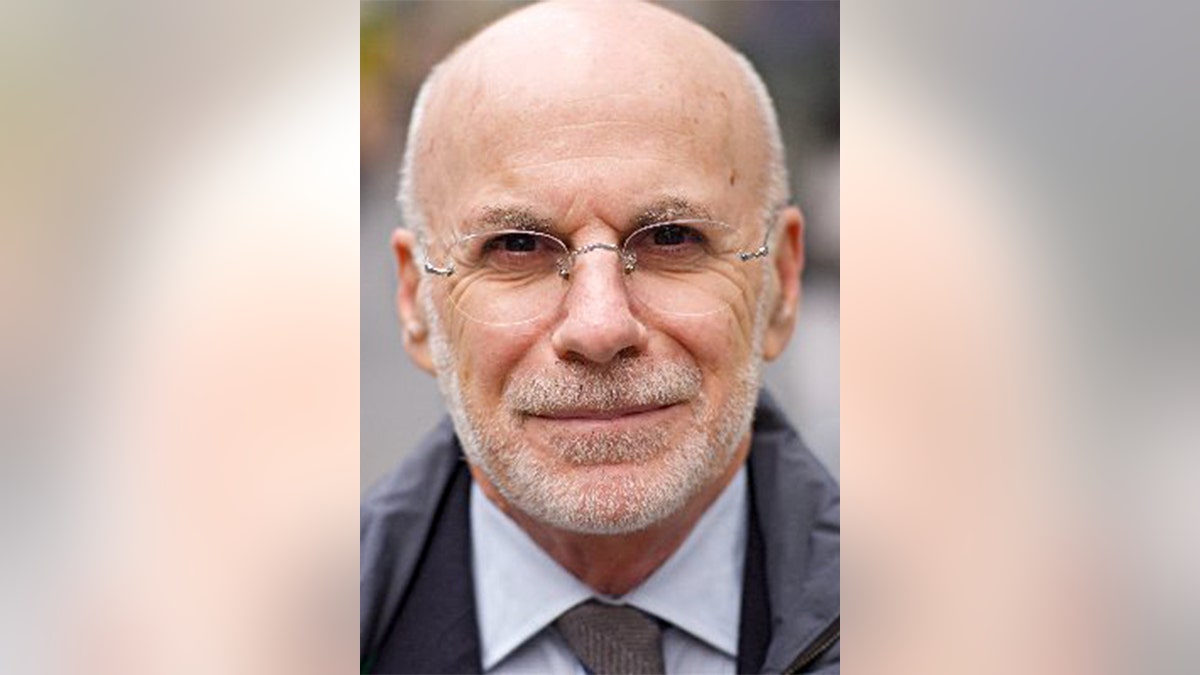Media top headlines July 15
A Lincoln Project member saying that failing to pass Dem voting bills will lead to another 9/11, a BBC reporter getting fired after sending a 'Hitler was right' tweet, and the founder of a liberal news site saying the right to own firearms is 'made up' round out today's top media headlines
Former New York Times journalist Barry Meier knocked his ex-employer and other members of the media for their uncritical coverage of the infamous Steele dossier.
Meier, who authored the book "Spooked" which delves into the industry of private spies, spoke at length with New York Magazine's Intelligencer about the controversial document shared by ex-British spy Christopher Steele that became the center of the Russia probe that investigated potential ties between the Trump campaign and the Kremlin.
"I think I see the public as a much bigger victim," Meier said about the fallout of the Steele dossier. "I mean, I would not have devoted as much time to the dossier as I did unless I thought there was a larger social, public ramification to it. And to me, what the dossier came to represent was how the work of these private operatives is subsumed into a hyperpartisan media and becomes this narrative that half of the public believes and half of the public doesn’t believe."
Meier explained to the Intelligencer that the point of his book wasn't to shame journalists for being duped by the Steele dossier, though he noted that those who got it wrong are not admitting it, but rather how reporters "need to reassess how we engage with hired spies and private operatives."
NEW YORK TIMES RIPPED FOR EQUATING ‘FREEDOM’ TO ‘ANTI-GOVERNMENT SLOGAN’
"I mean, [the Steele-dossier reporting] was a travesty. It is our job and it’s always been our job as journalists to scrutinize information. And that didn’t happen here," Meier said. "People jumped onto this train for a variety of reasons, be it political, professional, emotional, or what have you, and it ran straight into a wall."
"You see this type of misdirection or obfuscation taking place across the entire media spectrum. And a real driving force for me in writing the book was taking on the Steele dossier as a case study in how reporters can get manipulated or allow themselves to be manipulated and the havoc that results from that… No one went back and scrutinized Christopher Steele. No one went back and scrutinized Fusion GPS," he later explained. "It’s the dossier that fueled it all. I mean, Christopher Steele, Glenn Simpson, and Peter Fritsch, who were the three principal authors or marketers of the dossier, may very well have believed that there was a conspiracy between Donald Trump and the Kremlin. Fine. God bless them. But that doesn’t mean that anyone else had to believe it."

(Twitter)
Meier insisted that the "major faux pas" by the government was that it used the Steele dossier to get a FISA warrant to surveil Trump campaign adviser Carter Page called the revelation of FBI lawyer Kevin Clinesmith's falsifying of documents "very troubling."
He then knocked the Times for failing to scrutinize the dossier's author and its promoters.
"If I have a major criticism of the Times, it was they could have, I believe should have, done a major scrub of Christopher Steele and Glenn Simpson and Peter Fritsch and of Fusion GPS early in the game after the dossier came out," Meier said. "It was the perfect opportunity to say: Here are these three people, the creators of the work of the dossier that’s all over the news. We’re not gonna tell our readers we believe that dossier, but we can sure as hell tell our readers everything that we can find out about these three people, their reliability, their careers, and the clients they work for."
"It came out subsequently, for example, that one of Christopher Steele’s clients was the lawyer of Oleg Deripaska, an oligarch who was closely tied to Vladimir Putin. Does that mean that everything in the dossier was wrong? No, but it does mean the public should have known that early on," he continued.
Meier was then asked about the over-the-top coverage given by MSNBC host Rachel Maddow and The Guardian correspondent Luke Harding and how neither of them faced any repercussions for running with the dossier narrative.
CLICK HERE TO GET THE FOX NEWS APP
"I’ve noticed in my career that there are all kinds of journalists. Myself, when I made a mistake, like misspelling something, I would feel horrible for a few days. But then there are other people, and I don’t know whether Rachel Maddow and Luke Harding fall into this category, who have these incredible carapaces, right? Any criticism, any scrutiny, just kind of bounces off of them," Meier said. "There’s a phenomenal exchange that Rachel Maddow had with Michael Isikoff, who was probably one of the few reporters who publicly acknowledged that he had bit too quickly on the dossier story, in which he is asking her, ‘Well, do you think you bought into it too much?’ And she reacts with a defensive ferocity that is quite startling to behold."
The interview concluded with Meier offering advice to journalists when it comes to sources.
To put it another way, journalists too often see some people as their friends and other people as their enemies. And that’s a big mistake. Because sometimes your friends are not worthy of your trust, and when you allow these kinds of relationships and emotions to get involved, they can cloud things over," Meier explained. "I mean, it’s not surprising that the Steele dossier — even though a former British intelligence agent wrote it — really was a product of the Washington swamp. And if any journalist thinks that any creature that inhabits this swamp is their buddy, they should step back and think again."









































